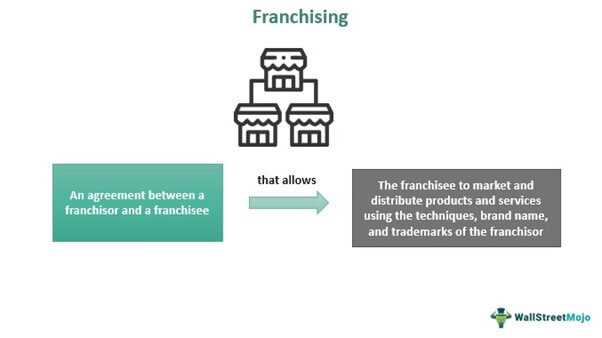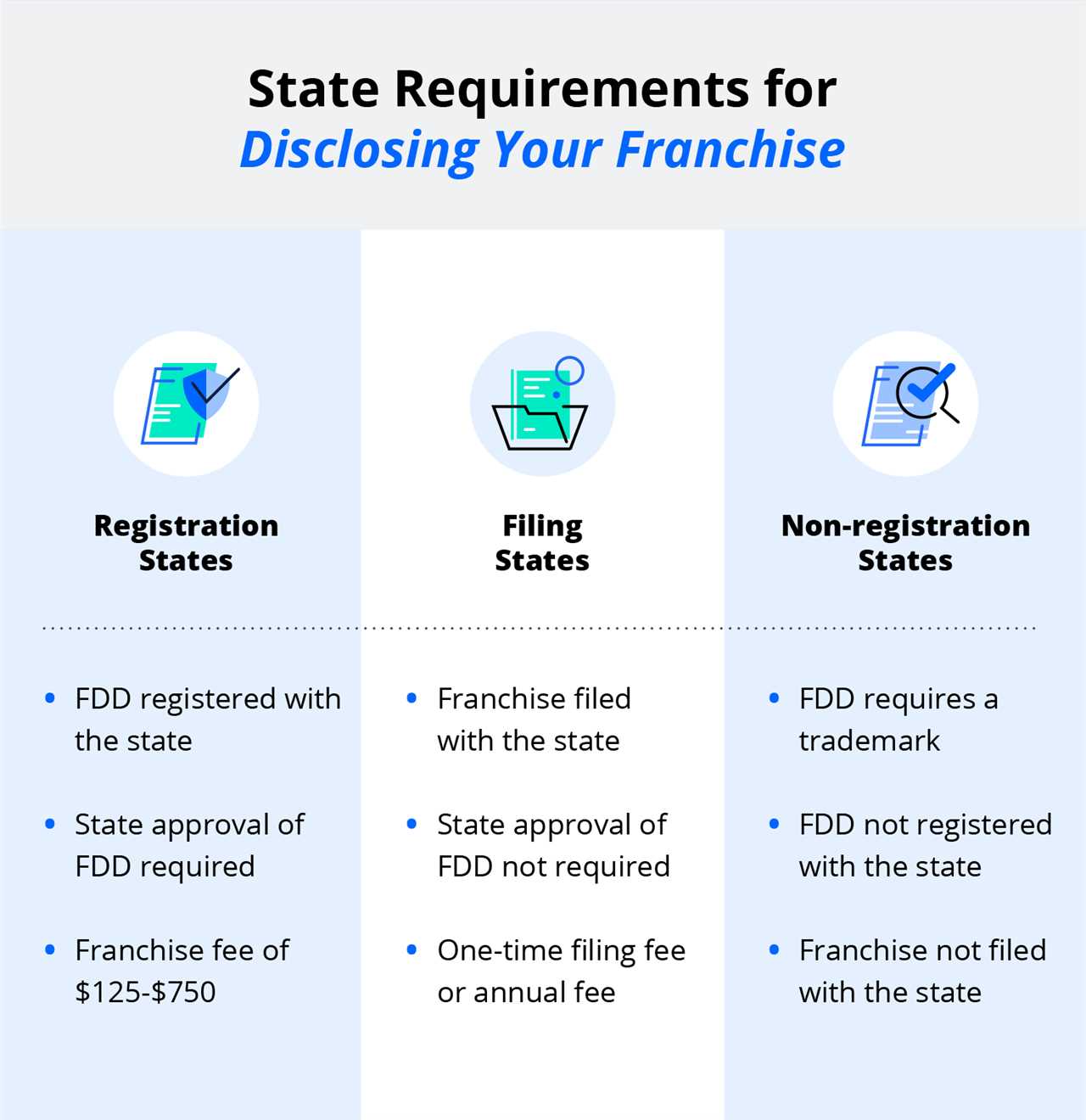What is a Franchisee?

A franchisee is an individual or a company that purchases the rights to operate a business using a well-established brand, trademark, or business model. The franchisee enters into a contractual agreement with the franchisor, who is the owner of the brand or business concept.
Franchisees benefit from the established reputation and customer base of the franchisor, allowing them to start a business with a higher chance of success compared to starting from scratch. They receive support and guidance from the franchisor in various aspects of the business, such as marketing, operations, and training.
Franchisees typically pay an initial franchise fee and ongoing royalties or fees to the franchisor in exchange for the rights to use the brand and receive ongoing support. They are responsible for managing the day-to-day operations of the business, including hiring and training employees, maintaining quality standards, and ensuring customer satisfaction.
Being a franchisee requires a combination of entrepreneurial skills and the ability to follow established systems and procedures. Franchisees must adhere to the guidelines and standards set by the franchisor to maintain the consistency and reputation of the brand.
In summary, a franchisee is an individual or company that invests in a franchise business, benefiting from the established brand and support provided by the franchisor while taking on the responsibilities of running the business according to the franchisor’s guidelines.
Examples of Franchisee Businesses
Franchise businesses are a popular option for entrepreneurs who want to start their own business but also want the support and guidance of an established brand. Here are some examples of franchisee businesses:
| Franchise | Description |
|---|---|
| McDonald’s | One of the most well-known and successful franchise businesses in the world, McDonald’s offers franchise opportunities for individuals to open their own fast food restaurants. |
| Subway | Subway is another popular franchise business that specializes in submarine sandwiches. Franchisees can open their own Subway restaurants and benefit from the brand’s strong reputation. |
| Starbucks | Starbucks is a global coffeehouse chain that offers franchise opportunities for individuals who want to open their own coffee shops. Franchisees can benefit from Starbucks’ strong brand and loyal customer base. |
| Anytime Fitness | Anytime Fitness is a 24-hour gym franchise that allows individuals to open their own fitness centers. Franchisees can take advantage of the brand’s established systems and support. |
| UPS Store | The UPS Store is a franchise business that offers shipping, printing, and mailbox services. Franchisees can open their own UPS Store locations and benefit from the brand’s trusted name. |
These are just a few examples of the many franchisee businesses that exist. From fast food restaurants to retail stores to service-based businesses, there are franchise opportunities available in a wide range of industries. Franchisees can leverage the success and reputation of the franchisor to increase their chances of success and profitability.
Benefits of Becoming a Franchisee
Becoming a franchisee can offer numerous benefits to individuals who are looking to start their own business. Here are some of the key advantages of becoming a franchisee:
1. Established Brand and Reputation
One of the main benefits of becoming a franchisee is the opportunity to work with an established brand and reputation. By joining a well-known franchise, you can leverage the brand recognition and customer trust that has already been built. This can significantly reduce the time and effort required to establish your own brand and attract customers.
2. Proven Business Model
Franchises typically provide franchisees with a proven business model that has been successfully implemented in multiple locations. This means that you don’t have to start from scratch and figure out the best practices for running a business. The franchisor has already done the groundwork and can provide you with guidance and support based on their experience.
3. Training and Support

Franchise systems often provide comprehensive training and ongoing support to their franchisees. This can include initial training on how to operate the business, as well as ongoing support in areas such as marketing, operations, and management. This support can be invaluable, especially for individuals who are new to business ownership.
4. Access to Resources and Suppliers
As a franchisee, you can benefit from the purchasing power and relationships that the franchisor has established with suppliers. This can result in cost savings and access to high-quality products or services that may not be available to independent businesses. Additionally, franchises often have systems in place for sourcing and managing inventory, which can help streamline your operations.
5. Marketing and Advertising Support
Franchises typically have marketing and advertising strategies in place to promote the brand and attract customers. As a franchisee, you can benefit from these strategies and leverage the marketing materials and campaigns that have already been developed. This can save you time and money in developing your own marketing initiatives.
Responsibilities of a Franchisee
As a franchisee, you have certain responsibilities that you must fulfill in order to maintain a successful franchise business. These responsibilities include:
- Adhering to the franchisor’s business model: One of the main responsibilities of a franchisee is to follow the established business model set by the franchisor. This includes using the franchisor’s branding, operating procedures, and marketing strategies. By adhering to the franchisor’s business model, you can ensure consistency across all franchise locations and maintain the reputation of the brand.
- Managing day-to-day operations: Franchisees are responsible for the day-to-day operations of their franchise business. This includes overseeing staff, managing inventory, providing customer service, and ensuring that the business is running smoothly. Effective management is crucial to the success of a franchise.
- Complying with legal and regulatory requirements: Franchisees must comply with all applicable laws and regulations governing their industry and business operations. This includes obtaining the necessary licenses and permits, adhering to health and safety standards, and following employment laws. Failure to comply with legal requirements can result in penalties and damage the reputation of the franchise.
- Implementing marketing and advertising strategies: Franchisees are responsible for implementing the marketing and advertising strategies provided by the franchisor. This may include running local advertising campaigns, participating in cooperative advertising programs, and utilizing social media and online marketing channels. Effective marketing and advertising are essential for attracting customers and growing the franchise business.
- Providing feedback and communication: Franchisees play a crucial role in providing feedback and communication to the franchisor. This includes sharing insights, suggestions, and concerns about the franchise system. By maintaining open and effective communication, franchisees can contribute to the improvement and growth of the franchise.
- Attending training and meetings: Franchisees are required to attend training sessions and meetings organized by the franchisor. These sessions provide valuable information and updates on the franchise system, products or services, and best practices. By actively participating in training and meetings, franchisees can enhance their knowledge and skills, and stay up-to-date with the latest developments in the franchise.
By fulfilling these responsibilities, franchisees can maximize their chances of success and contribute to the overall growth and profitability of the franchise system.
Types of Corporations
1. C Corporation
2. S Corporation
An S Corporation is a special type of corporation that allows for pass-through taxation. This means that the corporation itself does not pay taxes on its profits, but instead, the profits are “passed through” to the shareholders, who report them on their individual tax returns. S Corporations have certain eligibility requirements, such as having no more than 100 shareholders and only one class of stock.
3. Limited Liability Company (LLC)
A Limited Liability Company (LLC) is a hybrid entity that combines the limited liability protection of a corporation with the flexibility and tax benefits of a partnership. LLCs offer limited liability protection to their owners, similar to C Corporations, but they are not subject to double taxation. Instead, the profits and losses of the LLC are “passed through” to the owners, who report them on their individual tax returns.

Emily Bibb simplifies finance through bestselling books and articles, bridging complex concepts for everyday understanding. Engaging audiences via social media, she shares insights for financial success. Active in seminars and philanthropy, Bibb aims to create a more financially informed society, driven by her passion for empowering others.
